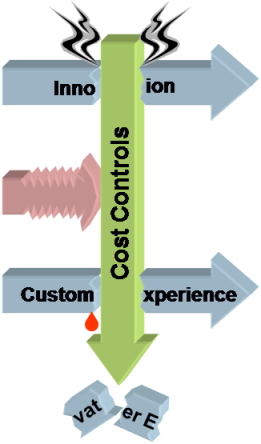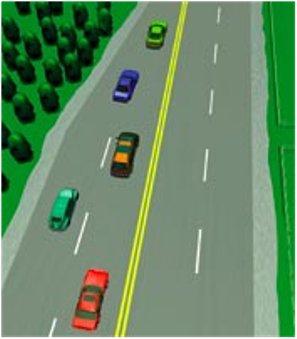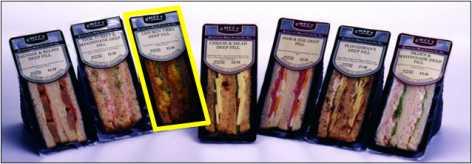We’ve all been through it and know how it goes…
((((ringing))))
Welcome to British Tap. Please listen carefully as the following options have changed,
Subtext: You’ve not called us before so you wouldn’t know that and it makes no difference to you, and all we are doing is wasting your time whilst the call routing system finds somebody who might be able to answer your call
.
Please note that calls may be recorded for training and quality purposes
Subtext: Because we really don’t trust our agents or our customers for that matter and we need to be able to go back and find out what you said and then tell you that you were wrong and that you didn’t say what you know you said.
Please select from the following options.
Please dial 1 to buy a new widget, please dial 2 if you would like us to try and cross-sell you some insurance for the widget you bought from us last week, Please dial 3 to report a fault with your widget
Your call is being held in a queue and will be answered shortly.
Our agents are busy answering other customers calls
Subtext: The people in front of you who are more important than you and were given a better phone number to call.
Your call is being held in a queue and will be answered shortly.
We value your call.and would love to answer it as soon as we can
Subtext: but we have not staffed our call centre properly and things are getting a bit out of hand because we are operating on the cheap.
Your call is being held in a queue and (click)
(((((ringing)))))))
Eh? Oh? My boiler is leaking.
Sorry, what did you say?
(((((ringing)))))
Yes, of course, that old cost-cutting gambit of the offshore call-centre.
Indeed, whilst the overseas call centre pendulum has been swinging back on-shore in the last year or so, now with cost crunch following credit crunch we can expect that trend to reverse somewhat.
Call centres and the customer experience that go with it are not the only things to get crunched when belts are tightened, discretionary project spending is one of the first things to be reduced,with projects either being deferred or cancelled. Whilst this is a very hand tap to close, by turning off spending on projects willy-nilly, as snuffing boring, run-of-the-mill sustaining projects, genuinely innovative activities also usually get the chop.
Conceptually, the unfettered application of cost-cutting measures looks something like this…
… with good stuff getting damaged at the same time as cutting off all the bad, spendthrift behaviours.
In particular, undiscriminating simplistic cost-cutting can be quite short-sighted and have unforeseen effects down the line. Indeed, this process of cost-cutting can accelerate an overall competitive cycle of pain…
…where declining profitability is met by efforts to increase efficiency through cutting costs, implementing new technology or whatever, which drives greater competition, which leads, to, oh dear, declining profitability, ad absurdum. “The Banking Revolution: Salvation or Slaughter?”>
However, innovation is one of to primary decelerators of this cycle
So the conundrum is how to go about reducing costs without killing the good stuff, thus…
…to take out cost and building competitive advantage through innovation and better customer experience.
The solution generally lies in being more analytical about the cost-cutting process rather than simple “slash and burn”, such as:
- Careful prioritisation of projects, for example, choosing to favour of genuine innovation efforts over the projects that just sustain the existing business;
- Taking a system-level view, e.g, over the customer life cycle, and using joined up thinking to ensure that simplistic, functional cost-cutting does not cut across and destroy customer experience, or in the IT software development arena, taking the whole productivity equation into account (rather than focusing solely on daily rates)
- Keeping a focus on profitability, rather than just the bottom-line, so that the overall financial health of the enterprise is improved
Meanwhile, back to the phone…
(((((ringing)))))
(click)
Благодарим ви за свикване на British Tap бойлер гореща линия. Казвам се Tony. Как мога да ви помогне да днес?
Oh, !$R£W”Q^%$£&^%$£&%$£”%^)*&%)(*^%$%^£!!!!







